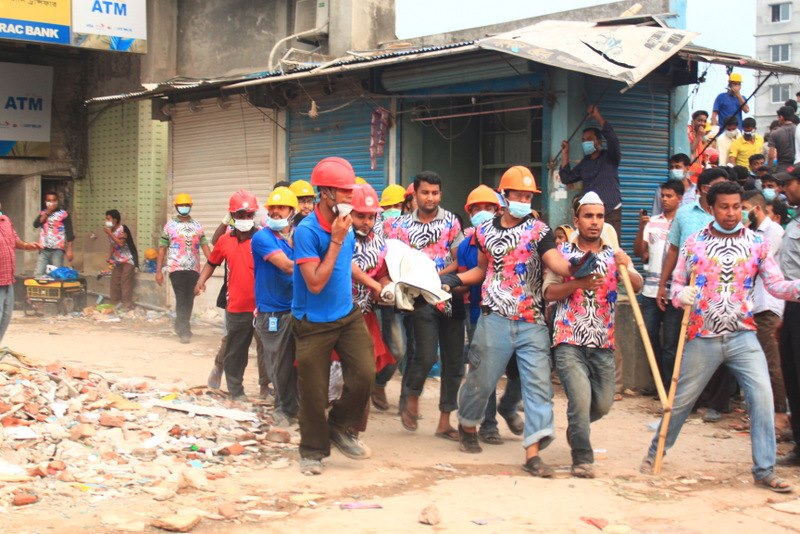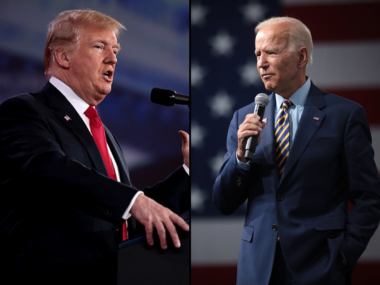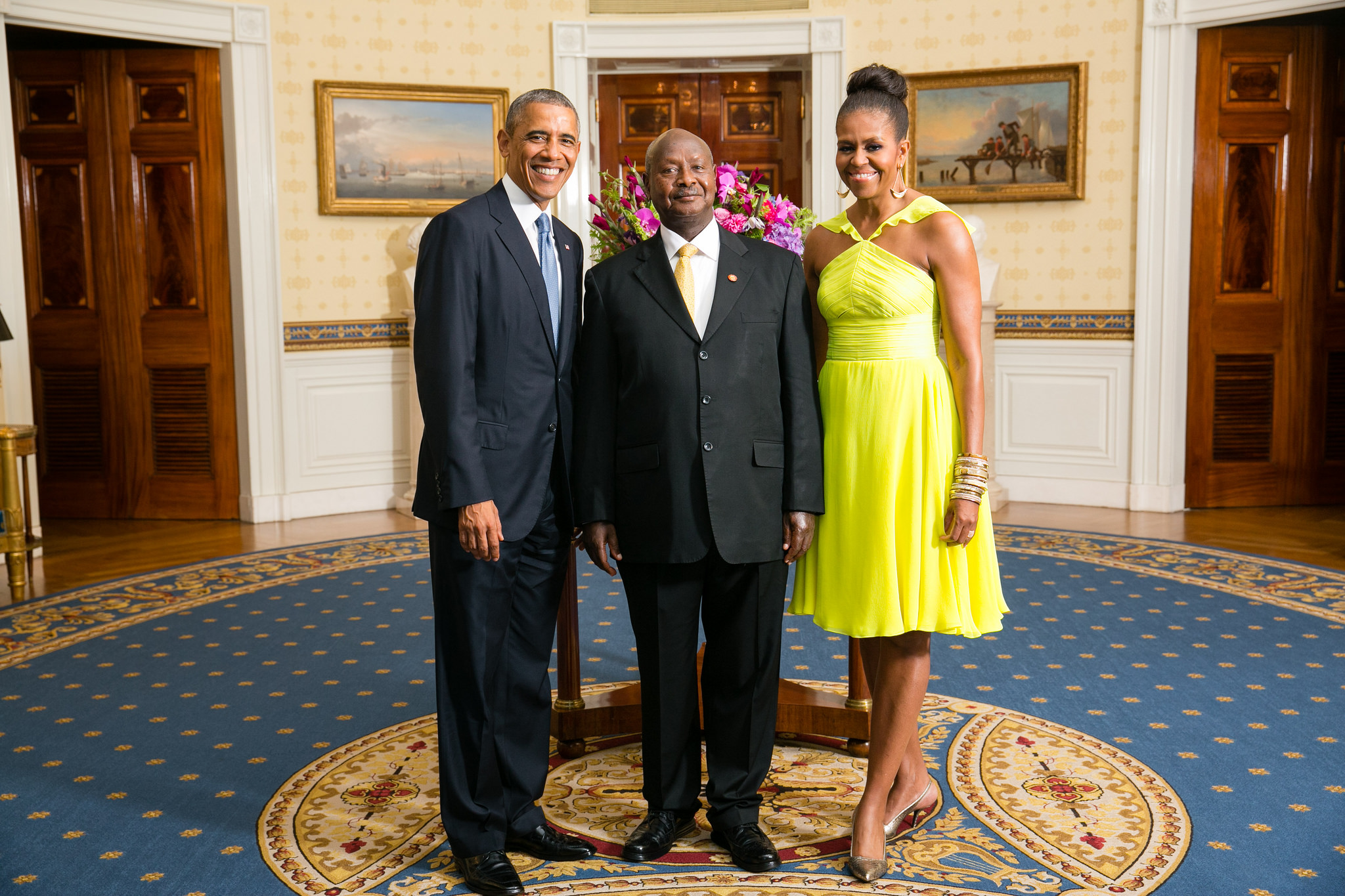Guest post by Rebecca Cordell
As countries around the world continue to battle a deadly pandemic, another crisis has persisted: mass human rights violations perpetrated by the state. In 2020, human rights activists raised the alarm on arbitrary mass detentions and torture in Belarus, political imprisonment and crackdowns in Hong Kong, abuse of Uighurs Muslims in Xinjiang China, attacks on protestors by Nigerian security forces, and police violence toward black people and Black Lives Matters protestors in the US.
Policymakers and international relations scholars debate the political costs of committing human rights violations, and the conditions under which governments are more or less likely to be punished. But government attempts to cover up their bad behavior makes analysis of the issue difficult. To fill this gap, I’ve investigated the political consequences of international cooperation in CIA rendition, detention, and interrogation. Unlike many instances of human rights violations, international cooperation in CIA rendition, detention, and interrogation is observable after the fact using detainee testimony and suspected extraordinary rendition flight data.
CIA Rendition, Detention, and Interrogation
From 2001 to 2005, over a quarter of all countries in the world helped the US-run a post-9/11 global rendition network that enabled the transfer of CIA terrorist suspects to secret detention sites across the world. Numerous reports describe how foreign governments assisted with the arrests, detention, and interrogation of CIA terrorist suspects and enabled extraordinary rendition aircrafts to fly in their airspace and land at their airports.
This clandestine security coalition was particularly noteworthy considering the diverse group of states alleged to have collaborated with the US—ranging from Sweden and Canada to Iran and Zimbabwe.
The practice of rendition, detention, and interrogation elicited widespread media coverage, public debates, and condemnation from the international community. However, the political costs for countries caught cooperating varied widely. While governments in some countries have not been punished by their citizens for participating, others have incurred political costs, including electoral defeats (see Figure 1).

Dark red represents governments that lost the election following the revelation of participation; light red indicates those that won at the election following the revelation of participation; and white indicates countries not identified as being involved.
Why did some governments lose elections after participating in the controversial post-9/11 extraordinary rendition program, while others did not? In a recent article, I find that countries with left-of-center governments, particularly those in democracies, suffered greater political costs from being caught. This is likely because voters in these countries assumed that their governments would better protect civil liberties in the context of national security, and their failure to do so was viewed by left-of-center voters as problematic. The result: parties who supported the CIA program were voted out.
Right-of-center governments were punished less severely for engaging in CIA rendition, detention, and interrogation than their left-of-center counter-parts. The reason why seems to be that right-of-center voters are more likely to prioritize national security over human rights—and are less likely to punish a right-of-center government for violating civil liberties.
Political scandals that reveal large discrepancies between a party’s public commitments and their behavior behind closed doors threaten their credibility and survival in office. Indeed, human rights violations by left-of-center governments may have contributed to the decline in left-of-center parties over the last decade, especially in Europe where a number of democratic countries participated in CIA rendition detention and interrogation. Political survival, then, depends on fidelity to public commitments and policies that reflect the preferences of left-of-center voters.
Meanwhile, if right-of-center voters are less likely to punish governments for human rights abuses, the onus will fall on policymakers and civil society actors to ensure they are held accountable for their actions.
Rebecca Cordell is an assistant professor at the University of Texas at Dallas.






